One of the participants criminal proceedings is an expert. The involvement of this subject is determined by the need to obtain an opinion on issues for which answers require special knowledge. However, the expert does not always fulfill his duties. AT Art. 70 Code of Criminal Procedure The circumstances are fixed under which this participant in the process is subject to challenge. Let's consider them in more detail. 
Grounds for challenging an expert
They are fixed in 2 parts 70 of the article of the CPC. The challenge of the forensic expert is carried out:
- In the presence of circumstances enshrined in Art. 61 Code of Criminal Procedure. Subject's previous involvement in criminal proceedings as a specialist or expert does not act as a basis for challenge.
- If the person is / was in official and other dependence on the participants in the proceedings (their representatives).
- Upon identification expert incompetence.
The decision to exclude the subject from production is made according to the rules enshrined in the first part of article 69 of the CPC.
The nuances of participation
The involvement of the subject in one production as a specialist and expert is not prohibited by law. It is important to consider one nuance. The prohibition does not apply if the subject was first a specialist and then an expert, and not vice versa. Acting as an expert, a citizen cannot change his legal status to the status of a specialist. Otherwise, the provisions of Articles 61 and 71 will be violated. 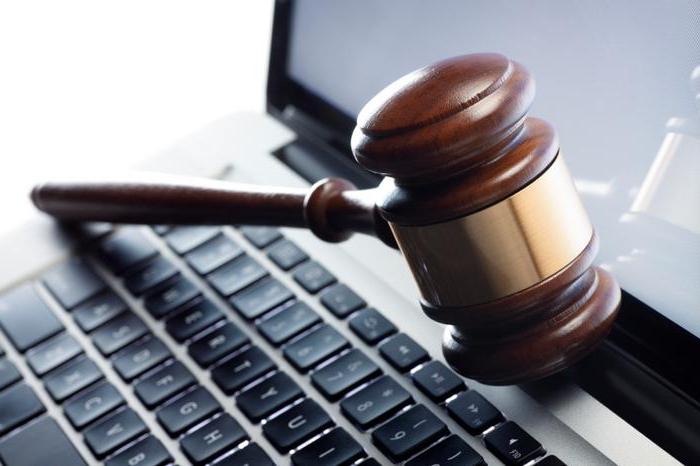
It is, in particular, about cases when a specialist assists in the seizure of substances or objects during an investigative action, and subsequently the issue of his own examination is decided. In such situations challenge of an expert not implemented.
Subject's previous involvement in the process
This fact is not the cause. challenge expert in no situations. If a citizen participated in the status of a specialist in examining a crime scene, and after that performed a study or examination of substances / items seized from this place, a certificate drawn up based on the results of such an analysis, or a conclusion may be evidence in the case under investigation.
Incompetence
Competence should be understood as the presence of certain knowledge in a particular field. In other words, the subject must be knowledgeable in some matters. Accordingly, the property of a person whose presence does not allow him to be classified as subjects who are at least knowledgeable or sufficiently knowledgeable in the field of knowledge necessary to carry out an objective and complete study and prepare a reasoned opinion should be considered incompetence.
This property may be indicated by the lack of special education, sufficient work experience, qualifications, etc.
Conformity assessment
To establish whether an expert is competent or not, the investigator, interrogating officer, judge of his own opinion should. However, their findings may not coincide with the position of the accused / suspect, state prosecutor, defense counsel, victim, civil defendants and plaintiffs, their representatives. 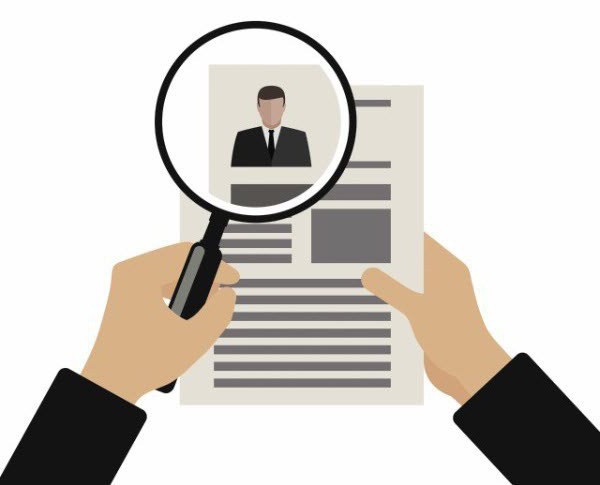
Refusal to Request challenge expert must be motivated. Disagreement with the opinion of the applicant has to be reasoned.
Expert's refusal to carry out research
The legislation provides for the possibility of a citizen authorized to conduct an examination to return a decision on its appointment without execution if he considers that he does not have sufficient knowledge to carry out the procedure.
As established in Part 1 of Article 16 of the Federal Law No. 73, a state expert must draw up a reasoned written notice of the impossibility of drawing up a conclusion if the questions posed to him are beyond his competence, the materials received are unsuitable for research and conclusions, and the person denied addition. This message is sent to the body or entity that ordered the examination.
Some lawyers believe that aboutexpert report in such situations it should not be. However, according to other analysts, such a subject should be excluded from production. 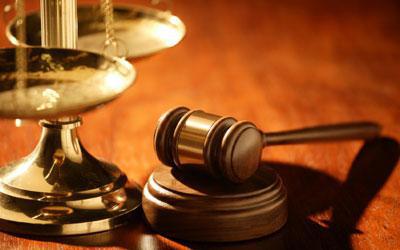
Explanations
The expert’s message about the impossibility to fulfill the duties assigned to him is the basis for making a decision on the challenge by the investigator, judge, interrogating officer. The rule enshrined in Part 1 of Article 16 of the Federal Law No. 73 applies only to state experts. Many lawyers believe that it should be extended to other competent persons.
If the expert understands that the questions posed to him go beyond the scope of knowledge that he has, or if the current level of scientific development does not allow him to answer, then in any case he has the right to write a reasoned written statement about this.
It should be noted that before carrying out the study, the expert is warned in court or at the stage of the preliminary investigation of the liability fixed by Article 307 of the Criminal Code for drawing up deliberately false conclusions. Accordingly, a refusal to send a report about the impossibility of conducting a study can be regarded as a failure to fulfill the duties assigned to a citizen.
An expert notice can be considered a form of self-withdrawal.
Service or other addiction
It is considered an unconditional basis for challenge, even if at the time of the person’s participation in the process it already does not take place.
Official is called the dependence associated with the place of employment of the subject, having special knowledge or somehow related to the place of work, occupation of the employee. 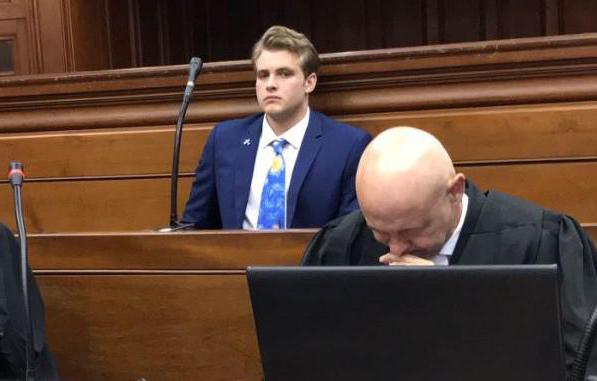
The concept of "dependence" implies a position of the subject in which he submits to someone else's power, will. Moreover, according to Ozhegov’s dictionary, there is a lack of independence and freedom. Independent is a person exercising his behavior without outside influence and assistance, on his own. Freedom should be understood as the absence of restrictions or constraints in something. Based on these definitions, we can conclude that in some cases when subordination took place, the person was still not dependent, because he was not deprived of his freedom and independence. In this case, it turns out that there are no actual grounds for the challenge. However, it is not.
In this case, doubts should be interpreted in favor of an objective study of the circumstances of the incident. Even if such an entity is not considered not to be subject to the characteristics enshrined in clause 2 of clause 2 of part 70 of the CPC article, he is not entitled to act as an expert, in accordance with the requirements of clause 2 of art. 61 of the Code. In accordance with this norm, a person cannot be involved in research if there are circumstances that suggest that he has a direct or indirect interest in the outcome of the case. 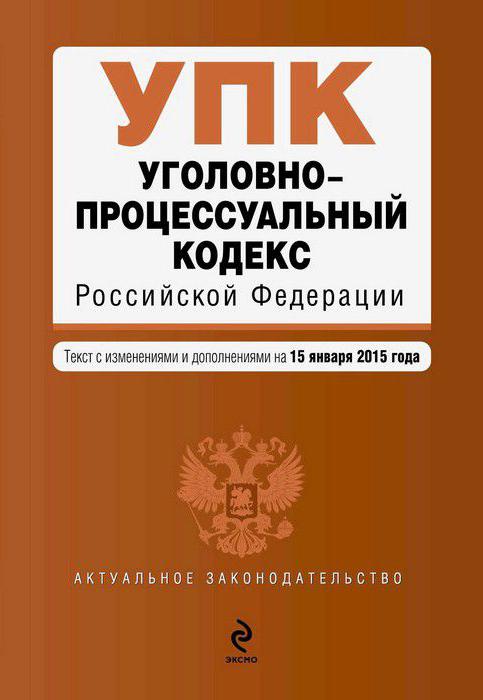
Additionally
There is another prescription that needs to be mentioned. According to part 3 of article 18 of the Federal Law No. 73, a doctor who previously provided medical assistance to this subject cannot be involved in a forensic examination of a living citizen. This restriction applies to cases of forensic psychiatric research carried out without a direct examination of the citizen. Such doctors, respectively, are subject to challenge.
When making a decision on the removal of a state expert or medical professional, the judge, interrogating officer, investigator must refer to the provisions of Part 2 of Article 61 of the Code of Criminal Procedure and Art. 18 Federal Law No. 73.